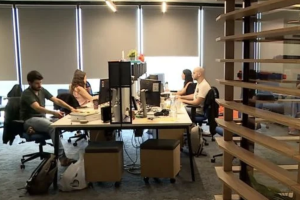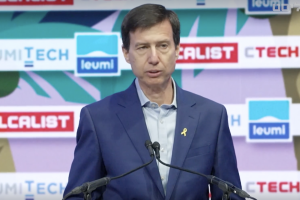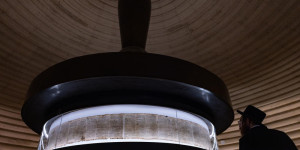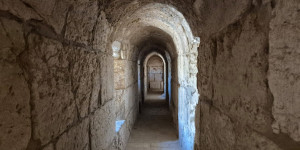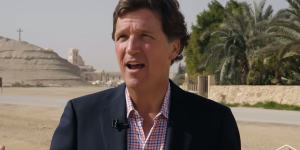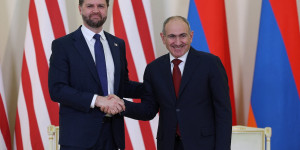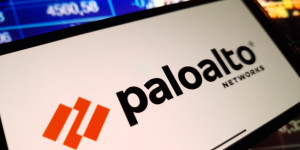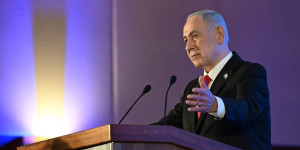Is Nvidia on track to become the largest high-tech employer in Israel?
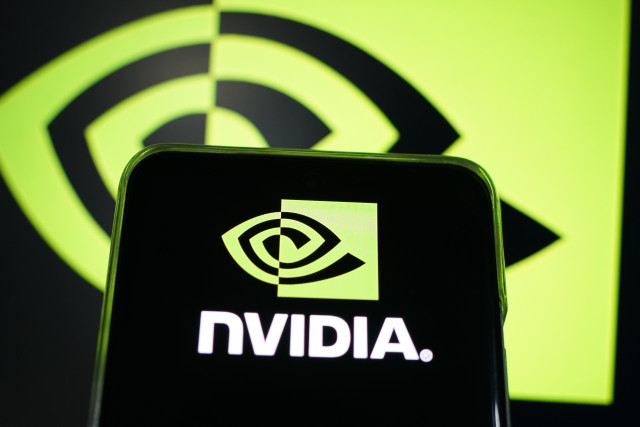
A notice published on Sunday morning in the pages of economic newspapers sheds light on Nvidia's intentions regarding its operations in Israel.
The notice, placed by Nvidia – the world's most valuable company – seeks information for locating a contiguous land plot of up to 120 dunams (roughly 30 acres), with building rights of up to 180,000 square meters. This is part of an effort to examine the possibility of expanding the company’s operations in Israel and establishing a massive campus in the north, near Nvidia’s current headquarters in the country, located in Yokneam.
Already today, Nvidia – which entered the Israeli market with its acquisition of Mellanox about six years ago – employs over 5,000 Israelis, representing about 15% of its global workforce. According to estimates, a campus spanning up to 120 dunams is intended to at least double Nvidia’s workforce in Israel and, within a few years, could make it the largest employer in the Israeli high-tech sector – surpassing Intel, which once dominated the market.
At its peak, Intel employed around 14,000 people in Israel, but after several rounds of layoffs, it now employs around 9,500. It is also worth noting that many of Intel’s employees in Israel work in factories and not in development, while Nvidia’s planned expansion would be primarily focused on research and development.
Currently, Nvidia holds several tens of thousands of square meters of space in Israel – mainly in Yokneam, Mevo Carmel, and Tel Aviv – but the company is planning a significant leap if its expansion plan comes to fruition.
This potential shift in positions between the two global chip giants in Israel comes amid the artificial intelligence revolution. While Nvidia was once seen as the "little sister" to Intel in the chip world, the rise of AI – enabled by Nvidia’s unique technology – has propelled it to become the most valuable company in the world, currently worth nearly $4 trillion. Intel, on the other hand, is in decline, with a current valuation of around $95 billion.
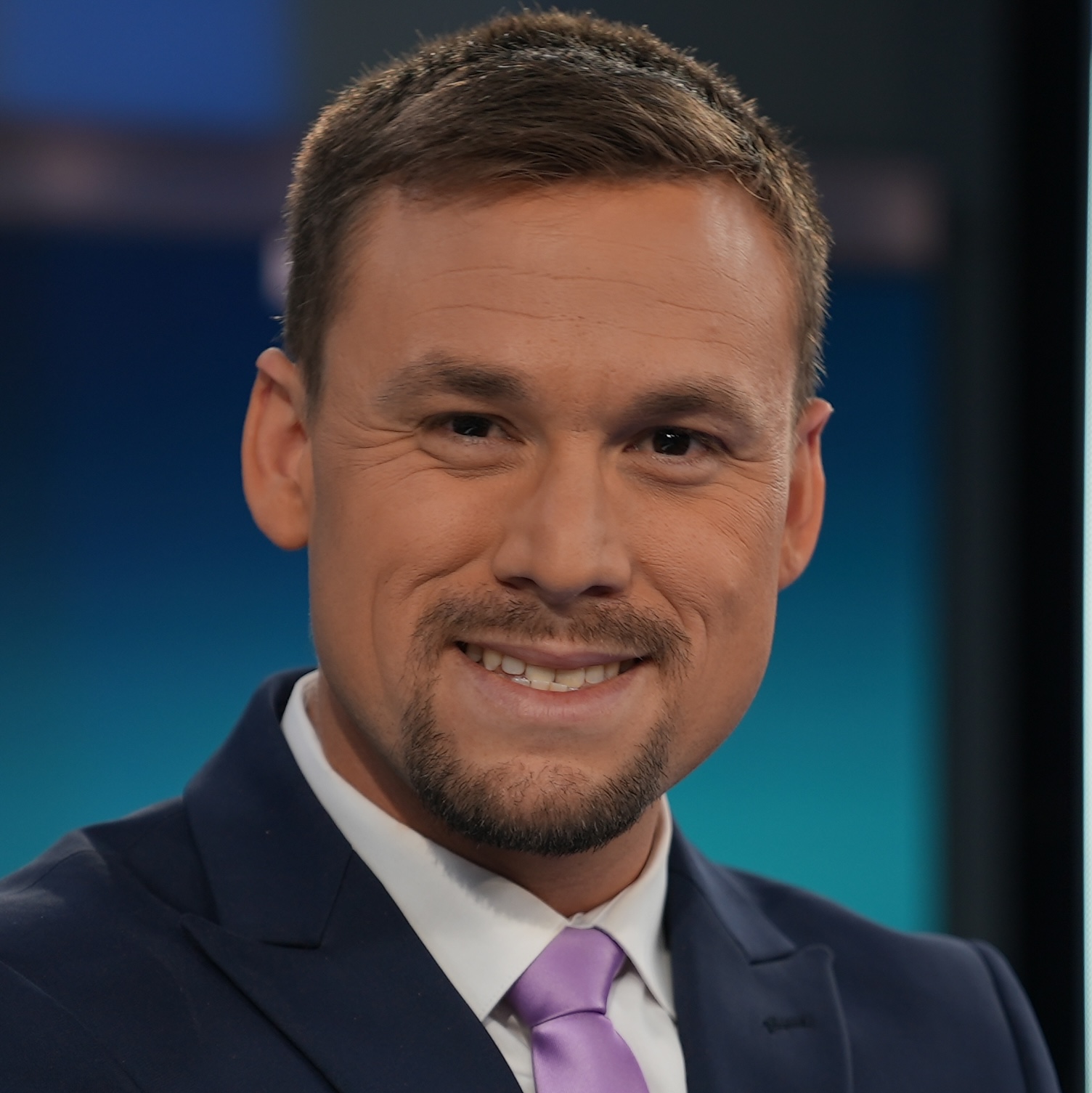
Ittai Shickman is a KAN 11 News correspondent.
You might also like to read this:


